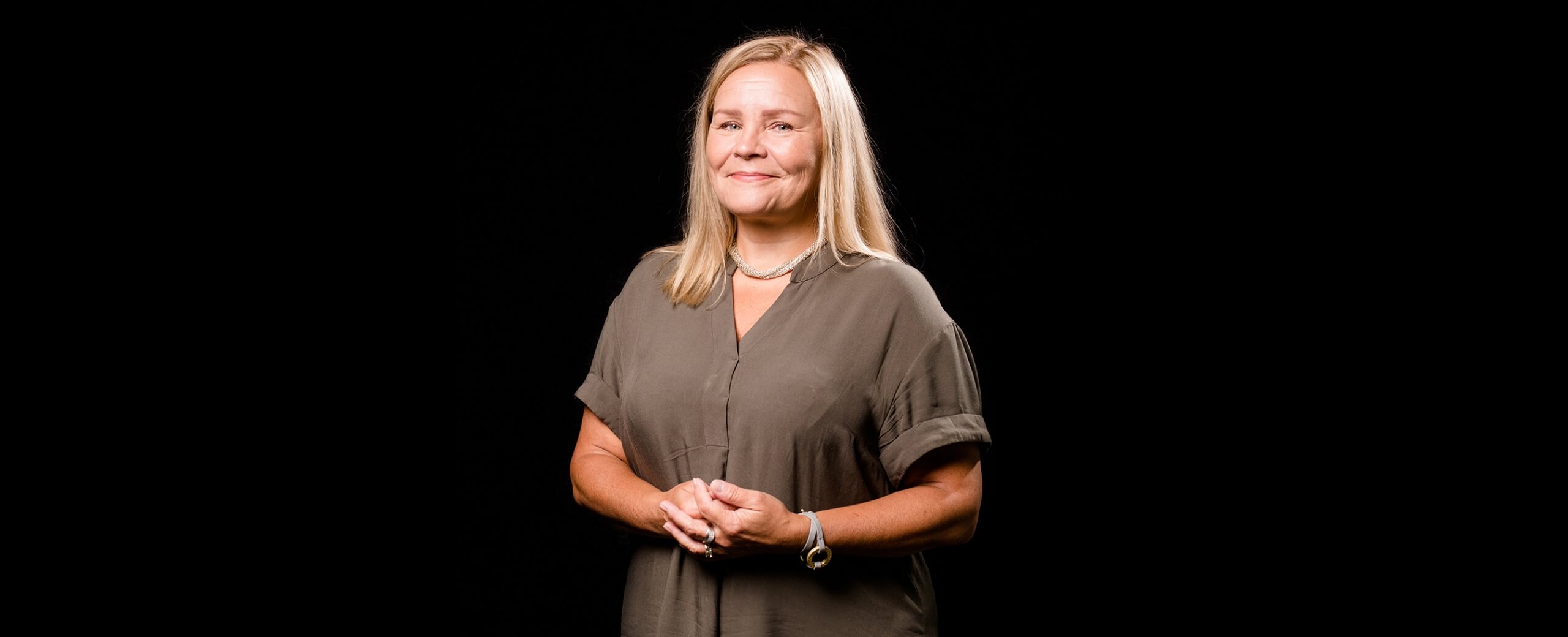As listeners of music, we have truly been spoiled in recent years. Music streaming platforms make it easy to listen to a huge selection of music, regardless of location, and sometimes for free. We enjoy these benefits every single day. However, the most important part of the equation has been forgotten about almost entirely: the music makers. Although music is being produced and distributed digitally, compensation is still being paid through slow and outdated methods.
Music makers should be able to make a living from their music. At worst, being compensated for your work may take years. When your livelihood is composed of one-time payments and royalties that are paid gradually in small instalments, you must be careful to seize every single opportunity. This is what Imogen Heap’s fair data economy Fair data economy The part of the economy that focuses on creating services and data-based products in an ethical manner. Fairness means that the rights of individuals are protected and the needs of all stakeholders are taken into account in a data economy. Open term page Fair data economy solution, the Mycelia ecosystem, is designed for.
“Most importantly, the profile of the music maker is built using data collected from proper sources and is truthful, up to date and formed with the individual’s consent.”
Mycelia is not only an ecosystem but also a place where music makers can create their own professional, digital identity (Creative Passport). They can associate skills, performances and people with this passport. Orchestras, companies, organisations or other parties looking for music will be able to easily look up music makers and recognise those suited to their specific needs. The employment relationship is formed in a way that is transparent and fair to the music maker, and they are compensated within an appropriate time frame. Most importantly, the profile of the music maker is built using data collected from proper sources and is truthful, up to date and formed with the individual’s consent.
According to Imogen Heap’s own words, the idea for Mycelia was born out of frustration. Music makers have to deal with excessive amounts of red tape, waiting and complicated, sometimes shady, systems, all of which could easily be solved using modern technology. The ecosystem for music makers is aiming to create a fair data economy, in which creators are properly compensated for their work. This benefits all of us because the music we love wouldn’t exist without the people who make it. Sitra’s fair data economy project IHAN is proud to support Mycelia because we have exactly the same goal: the use of data in a fair way. The transparent distribution of data, with the individual’s permission and in a fair ecosystem, might just be Europe’s opportunity to lead the way for the rest of the world with regard to digital services.
Pioneers like Mycelia are needed in other industries as well. Europe, a fair data economy is calling you.
Watch the video to learn more about Imogen Heap’s views.
Read more about the copyrights of music makers on Teosto’s website.

















Recommended
Have some more.